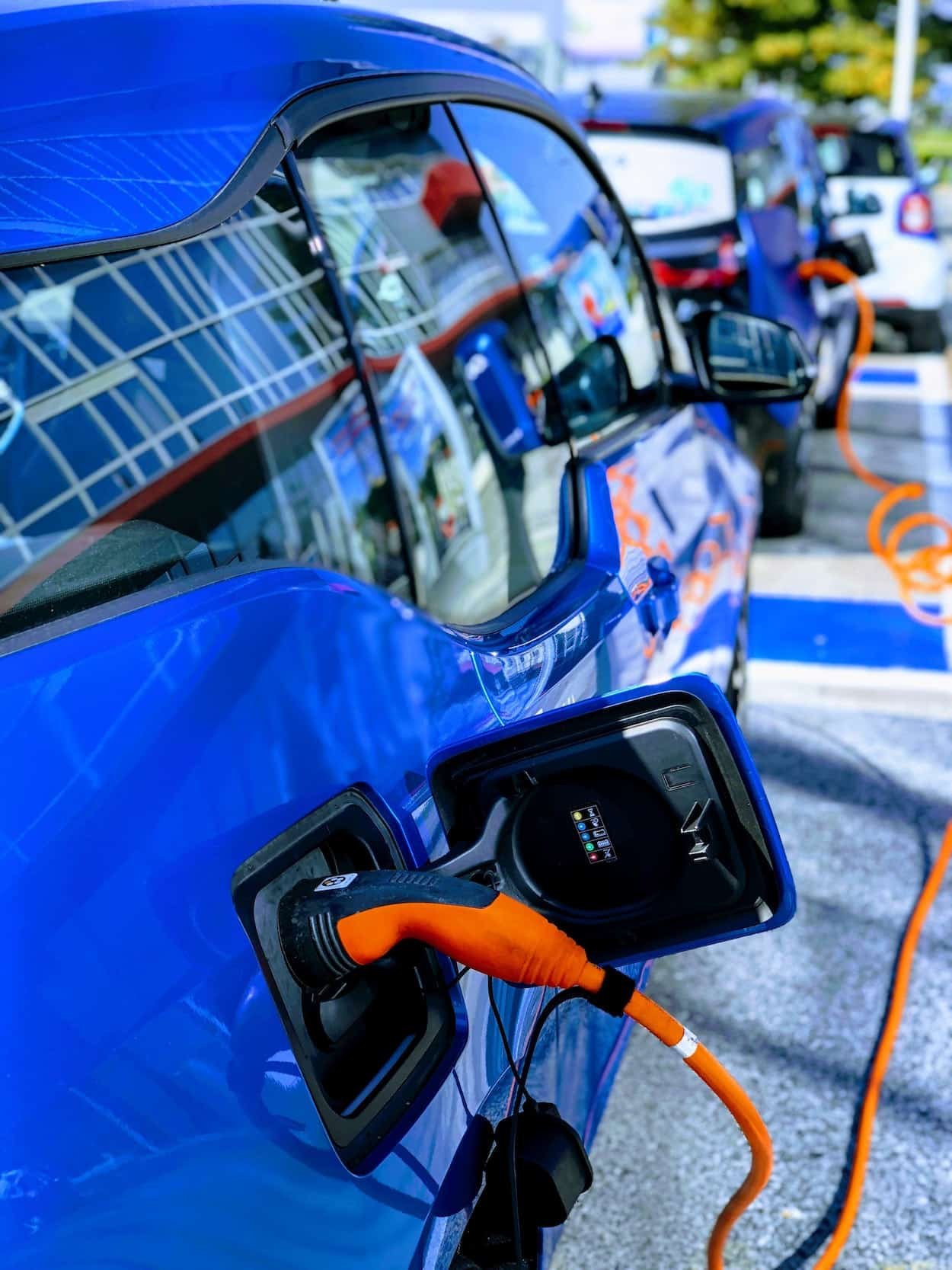There are many who find the idea of owning an electric car to be a good thing for a number of different reasons. When electric cars first came out, they were expensive, were slow, and lacked power. Their batteries also made it hard for them to go very far. As a result, many people lost interest. They didn’t turn away from the idea of owning an electric car; rather, it seemed impractical.
Cars need to fulfil needs and the first electric cars really didn’t allow for more than local commuting. However, auto companies have continued to work on making electric cars more practical and affordable, and they have made a great deal of progress.
How Do Electric Cars Work?
From the outside, you may have trouble telling whether a car is electric or gas-powered. The only difference when you drive one is that it is quieter than a gas-powered car. The real differences lie in how the car works.
The gas engine is replaced with an electric motor that gets power from a controller. The controller is powered by rechargeable batteries. Electric cars are wired whereas gas-powered cars have pipes, hoses, and fuel lines.
When you have an electric car, you will plug it in to charge the battery. The electricity is stored in the battery pack and how much energy can be stored will vary. This is the equivalent to filling up your gas-powered car’s tank with gasoline. Most electric cars have a lithium-ion battery that can last between eight and twelve years.
When you are driving your electric car, the battery feeds energy to the engine through wires. It is very quiet and there is normally no need for transmission because it uses direct drive to move the wheels. Most electric cars convert direct current energy into alternating current electricity. An inverter will bring about this process.
In many ways, electric cars are more efficient than gas-powered cars. They have instant acceleration, they are quiet, they don’t generate pollution, and they have low maintenance and driving costs.
How Far Can Electric Cars Drive?
The number-one concern of consumers is how far electric cars can drive. Companies that manufacture electric cars are improving this number. The average car can drive around 200 miles and the Tesla Long Range Model S can go even further.
For people who drive shorter distances for their daily commutes, the 200-mile average is enough to do what needs to be done during the day. The charge time varies from eight hours to 14 or more, so you need to be able to make it out and back home again before you charge.
If you drive further distances, you will want to make sure that you have access to rapid charging, which will charge your battery around 80% in 20 to 40 minutes. You will need access to public charging or workplace charging if you travel these further distances.
Are Electric Cars the Future?
Electric cars certainly appear to be making improvements towards becoming practical and reliable. Many people estimate that they will dominate the road in coming years. The reduction in emissions makes them environmentally friendly, which is critical to the planet. They also cost less to operate and maintain, and they are just a practical solution. As manufacturers improve electric cars to make them more affordable and practical, they will surely replace gas-powered cars.
.

How Much Is an Electric Car?
When you think of electric cars, you can’t help but think of the Tesla. The Model X will cost a minimum of £79,000, which makes it a very expensive car. However, there are many alternatives on the market in 2020.
A similar car to the Tesla, the Jaguar I-Pace, starts at £60,999. However, you can get a Hyundai Kona Electric starting at £29,100 and it goes up to 300 miles on one charge. One of its rivals, the Kia e-Niro, starts at £34,495 and has a range of 282 miles, making it competitive as well.
In addition to the fact that electric cars are now available with the ability to drive further and cost less, you may be able to receive a grant for plug-ins from the government. The maximum value of the grant is £3000 and the dealership will include this discount in the price of your low-emissions car.
For a car to be eligible for this grant, it must cost under £50,000. The grant will cover 35% of the purchase price with a maximum amount of £3000. In addition, you can get up to £500 off the cost of installing a charger at home through the Electric Vehicle Homecharge Scheme.

How Do Electric Cars Charge?
Electric cars charge by plugging them into a charger. A recent report in the UK found that 80% of car charging occurs at home. You can plug your car into a standard wall plug for overnight charging. If you want to charge faster, you might consider installing a home charger. In addition, you can purchase a fast charger, which will charge up to 80% of the battery capacity in just 20 to 40 minutes.
In addition, some people have car charging in the workplace. This should expand as electric cars become more and more widespread. If not, you can find out what public charging is available in your area. You may need to plan ahead but there are more of these public charging stations popping up all the time. In addition, many cities are investing in rapid filling stations on the outside of towns and cities, which will charge cars to 80% in 30 minutes to an hour.
Charging an electric car is not much different from charging another electric device, such as your phone. As long as you have an outlet, you can charge an electric car. If you install a charging station at home, you can receive a government grant and it will be more efficient. Electric cars are making great strides and they are the wave of the future.
